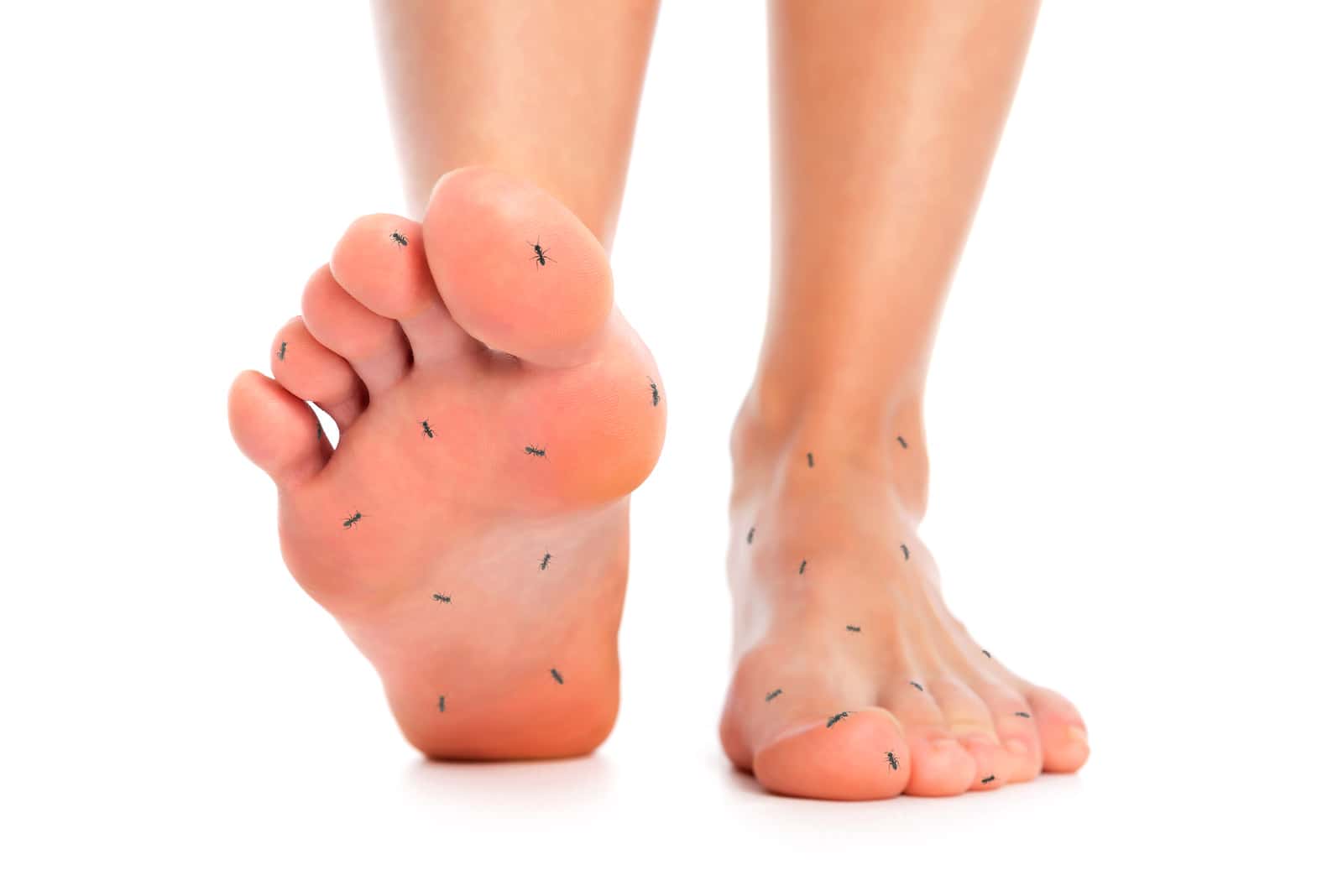
Diabetes threatens the health of millions of Americans. In 2019, doctors had diagnosed more than 37 million people with this metabolic disorder. People with diabetes either don’t make insulin (type 1 diabetes) or can’t utilize it efficiently (type 2 diabetes). The high blood sugar that often characterizes the condition damages many organs, including the heart, the kidneys and the eyes. However, diabetic neuropathy is among the most common complications (F1000 Research, online April 25, 2016). It can be extremely painful and may also cause further complications by making it difficult for people to walk and too easy for them to fall. Physicians may prescribe medications to ease diabetic neuropathy, but these drugs sometimes cause side effects. Will supplements help with this problem?
Tramadol Failed to Ease Diabetic Neuropathy:
Q. I have had problems with my feet brought on by nerve damage from type 2 diabetes. My doctor prescribed tramadol, but it hasn’t helped. The neuropathy still keeps me awake at night. Do you have any suggestions?
A. Good blood sugar control is the first step in managing diabetic neuropathy. Once that is established, sometimes supplements can help ease diabetic neuropathy.
A review in the journal Cureus (April, 2021) analyzes a number of treatment options that may be helpful. Ask your doctor to consider the evidence for supplements such as alpha-lipoic acid (ALA), benfotiamine and acetyl-L-carnitine (ALC). Other modalities such as acupuncture or TENS (transcutaneous electrical nerve stimulation) may also be helpful. The hot essence of chili peppers (capsaicin) can also reduce pain when applied to the skin on a regular basis.
Gabapentin for Diabetic Neuropathy:
Q. My doctor prescribed gabapentin for diabetic neuropathy but I am having some trouble with it. What worries me most is that I am unsteady and I’m afraid I will fall. It also gives me terrible diarrhea, so I’m not sure I will be able to continue with it. Are there any non-drug alternatives I could try?
A. Diabetic neuropathy (nerve pain as a consequence of elevated blood sugar damaging the nerves) can be difficult to treat. Burning pain, tingling or numbness in the feet or hands are the most typical symptoms. Gabapentin, prescribed off-label, has the advantage of being more affordable than pregabalin (Lyrica). On the other hand, doctors frequently prescribe either pregabalin or duloxetine (Cymbalta), since the FDA has approved both to ease diabetic neuropathy. They appear equally effective (Cureus, July 31, 2019).
We understand why you are concerned about gabapentin side effects. People taking this medication frequently find that it makes them dizzy or unsteady on their feet. They may also complain of drowsiness or undue fatigue, depression, digestive distress (especially diarrhea) and swelling in the legs and feet.
Can Supplements Ease Diabetic Neuropathy?
Scientists have not studied non-drug alternatives as thoroughly as the medications used to ease diabetic neuropathy. However, there are some possibilities. One meta-analysis found that a capsaicin skin patch worked about as well as pregabalin, gabapentin or duloxetine without the most disturbing side effects (Clinical Therapeutics, April 2017).
You might want to ask your doctor about a couple of supplements, however. Benfotiamine, a synthetic form of the B vitamin thiamine, may be helpful. Alpha lipoic acid (abbreviated ALA) may also be beneficial (Minerva Medica, Oct. 2017). Significantly, researchers believe that both these compounds ease diabetic neuropathy by treating the underlying disruption of blood vessels and nerves. They don’t simply offer symptomatic relief.
Preventing Diabetic Neuropathy:
Maintaining good control of blood sugar is critical to reducing the risks of diabetic neuropathy and other complications of diabetes. You can learn more from our eGuide to Preventing and Treating Diabetes, which has suggestions on nondrug approaches to blood sugar control.
Citations
- Zaheer A et al, "A review of alternative treatment options in diabetic polyneuropathy." Cureus, April, 2021. doi: 10.7759/cureus.14600
- Juster-Switlyk K & Smith AG, "Updates in diabetic peripheral neuropathy." F1000 Research, online April 25, 2016. doi: 10.12688/f1000research.7898.1
- Shahid W et al, "Comparison of the efficacy of duloxetine and pregabalin in pain relief associated with diabetic neuropathy." Cureus, July 31, 2019. doi: 10.7759/cureus.5293.
- van Nooten F et al, "Capsaicin 8% patch versus oral neuropathic pain medications for the treatment of painful diabetic peripheral neuropathy: A systematic literature review and network meta-analysis." Clinical Therapeutics, April 2017. doi: 10.1016/j.clinthera.2017.02.010
- Várkonyi T et al, "Advances in the management of diabetic neuropathy." Minerva Medica, Oct. 2017. DOI: 10.23736/S0026-4806.17.05257-0

